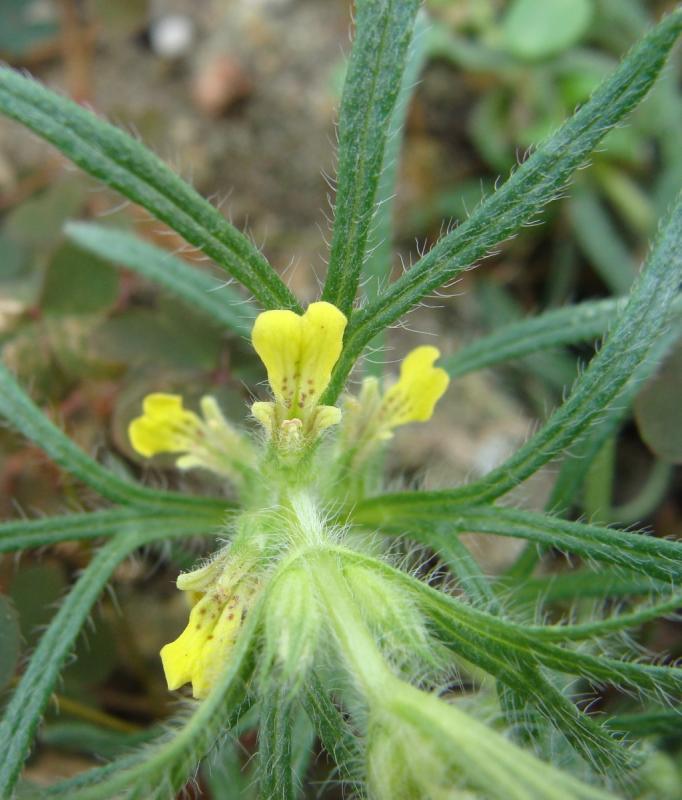General data
Number of taxa: 50
Area: 0.05 ha
Work on the creation of the collection began in 2015, with the main idea being to present endangered and receding species of weeds accompanying crops. Its establishment is related to the increasingly rapid changes taking place in the Polish countryside. Intensive changes in agriculture such as the use of herbicides, the creation of monocultures, increased doses of fertilizer, increased mechanization, modern agrotechnology ultimately lead to a marked impoverishment of rural biodiversity, including field communities. Many weed species, previously common, have begun to disappear or become completely extinct. It is believed that nearly 100 species of field weeds are threatened to varying degrees in our country. The positions of these species are mostly preserved in less developed areas, where extensive tillage still prevails, and where suitable habitat conditions exist - for example, in the region of the occurrence of rendzina soils (from Lublin Upland through Ponidzie, Miechowska Upland, to Opole Silesia).
The collection currently presents about 50 species of weeds. Among them are the critically endangered species included in the Polish Red Book of Plants: crested chickweed (Scandix pecten-veneris), eastern pioneer (Conringia orientalis), yellow-flowered aspen (Ajuga chamaepitys) and flexion-extremity kixia (Kickxia spuria). Of the other species, it is worth noting the blue dustman (Anagallis foemina), field nigella (Nigella arvensis), knapweed (Illecebrum verticillatum), field agriculturist (Sherardia arvensis) and javelina kixia (Kickxia elatine). In addition to extremely rare species, the collection also represents species that have become an integral part of the Polish countryside such as cornflower (Centaurea cyanus), field poppy (Papaver rhoeas) and field tares (Agrostemma githago). In addition to weeds, the collection grows the basic cereal species: common rye Secale cereale, common wheat Triticum aestivum, common oats Avena sativa and common barley Hordeum vulgare.







